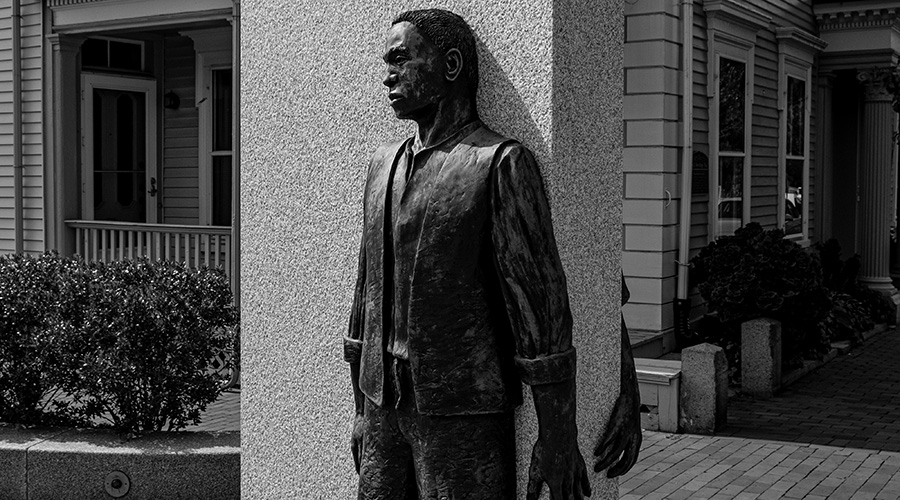Measuring What Is Top of Mind

We survey the recent literature in economics measuring what is on top of people’s minds using open-ended questions. We first provide an overview of studies in political economy, macroeconomics, finance, labor economics, and behavioral economics that have employed such measurement. We next describe different ways of measuring the considerations that are on top of people’s minds. We also provide an overview of methods to annotate and analyze such data. Next, we discuss different types of applications, including the measurement of motives, mental models, narratives, attention, information transmission, and recall. Our review highlights the potential of using open-ended questions to gain a deeper understanding of mechanisms underlying observed choices and expectations.
People’s Understanding of Inflation

This paper studies people’s understanding of inflation — their perceived causes, consequences, trade-offs — and the policies supported to mitigate its effects. We design a new, detailed online survey based on the rich existing literature in economics with two experimental components — a conjoint experiment and an information experiment — to examine how well public views align with established economic theories. Our key findings show that the major perceived causes of inflation include government actions, such as increased foreign aid and war related expenditures, alongside rises in production costs attributed to recent events like the COVID-19 pandemic, oil price fluctuations, and supply chain disruptions.
The How and Why of Household Reactions to Income Shocks

This paper studies how and why households adjust their spending, saving, and borrowing in response to transitory income shocks. We leverage new large-scale survey data to first quantitatively assess households’ intertemporal marginal propensities to consume (MPCs) and deleverage (MPDs) (the “how”), and second to dive into the motivations and decision-making processes across households (the “why”). The combination of the quantitative estimation of household response dynamics with a qualitative exploration of the mental models employed during financial decisions provides a more complete view of household behavior.
Zero-Sum Thinking and the Roots of U.S. Political Divides

We investigate the origins and implications of zero-sum thinking — the belief that gains for one individual or group tend to come at the cost of others. Using a new survey of a representative sample of 20,400 US residents, we measure zero-sum thinking, political preferences, policy views, and a rich array of ancestral information spanning four generations.
Fighting Climate Change: International Attitudes Toward Climate Policies

Using new surveys on more than 40,000 respondents in twenty countries that account for 72% of global CO2 emissions, we study the understanding of and attitudes toward climate change
Perceptions of Racial Gaps, their Causes, and Ways to Reduce Them

We investigate how respondents perceive racial inequities between Black and white Americans, what they believe causes them, and what interventions, if any, they think should be implemented to reduce them.
Understanding of Trade

I study how people understand and reason about trade, and what factors shape their views on trade policy.
Understanding Economics

Using large-scale online surveys and experiments on representative U.S. samples, we study how well people understand, reason, and learn about four economic policies: i) Personal income taxation, ii) Estate taxation, iii) Health insurance, and iv) Trade.